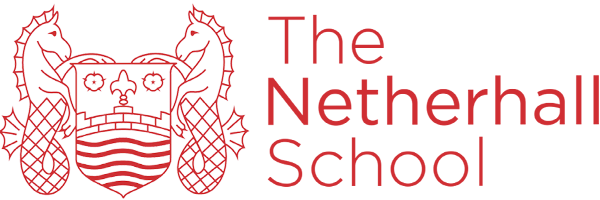Body Image / Eating Disorders
Body image is the way you think and feel about your body. We all form a perception of our body image from a young age as a result of a number of influencing factors. It is very likely that most people have felt the impact of insecurity at one point or another. We have become much better as a society at embracing body diversity and celebrating body positivity.
Body positivity involves feeling comfortable and confident in your body, accepting your natural body shape and size and recognising that physical appearance says very little about your character and value as a person. In contrast, negative body image is linked to a distorted and, in many cases, unrealistic perception of your body shape and size. This perception can lead to feelings of anxiety, self-consciousness and body dissatisfaction. It is important that we continue to embrace body diversity as it is common for negative body image to lead to an unhealthy relationship between losing weight, dieting and exercise forming. Over prolonged periods of time, this unhealthy relationship can lead to the development of an eating disorder.
An eating disorder is a mental health condition where the food consumption is controlled to cope with feelings and potentially other situations. This disorder may lead to either an increase or decrease in food consumption. Anyone can get an eating disorder and it is important to note that with help, most people can recover from an eating disorder.
 |
 |

